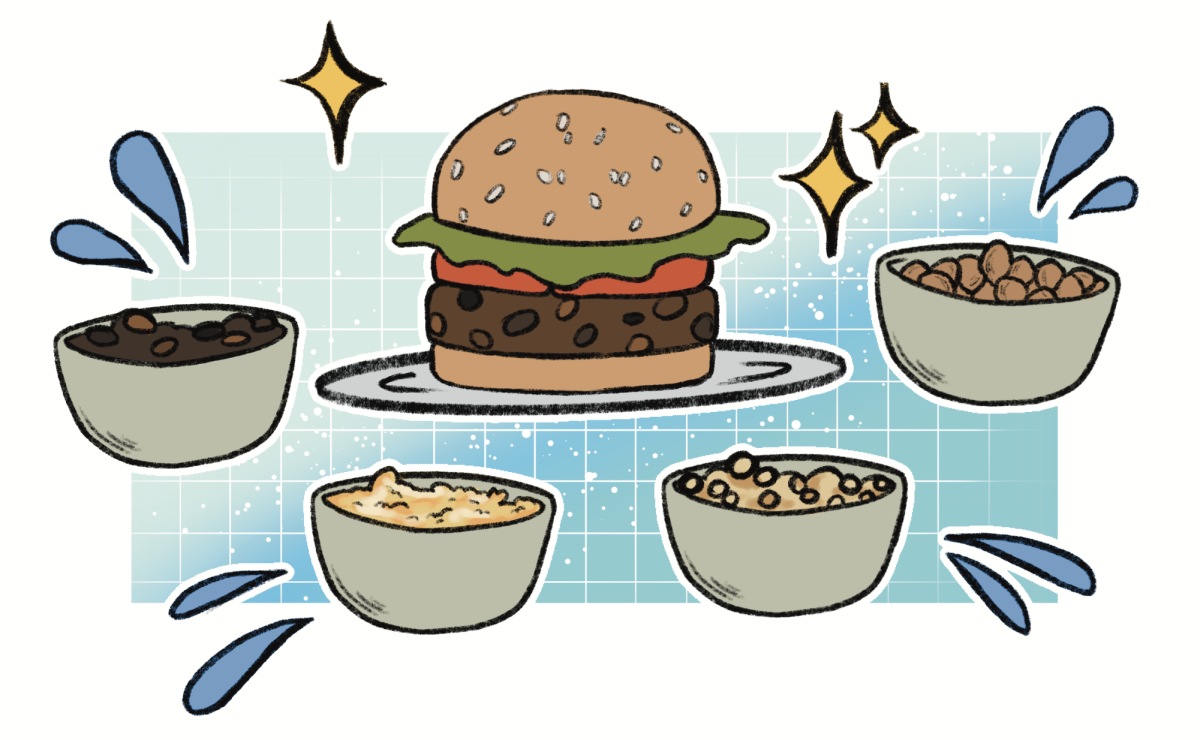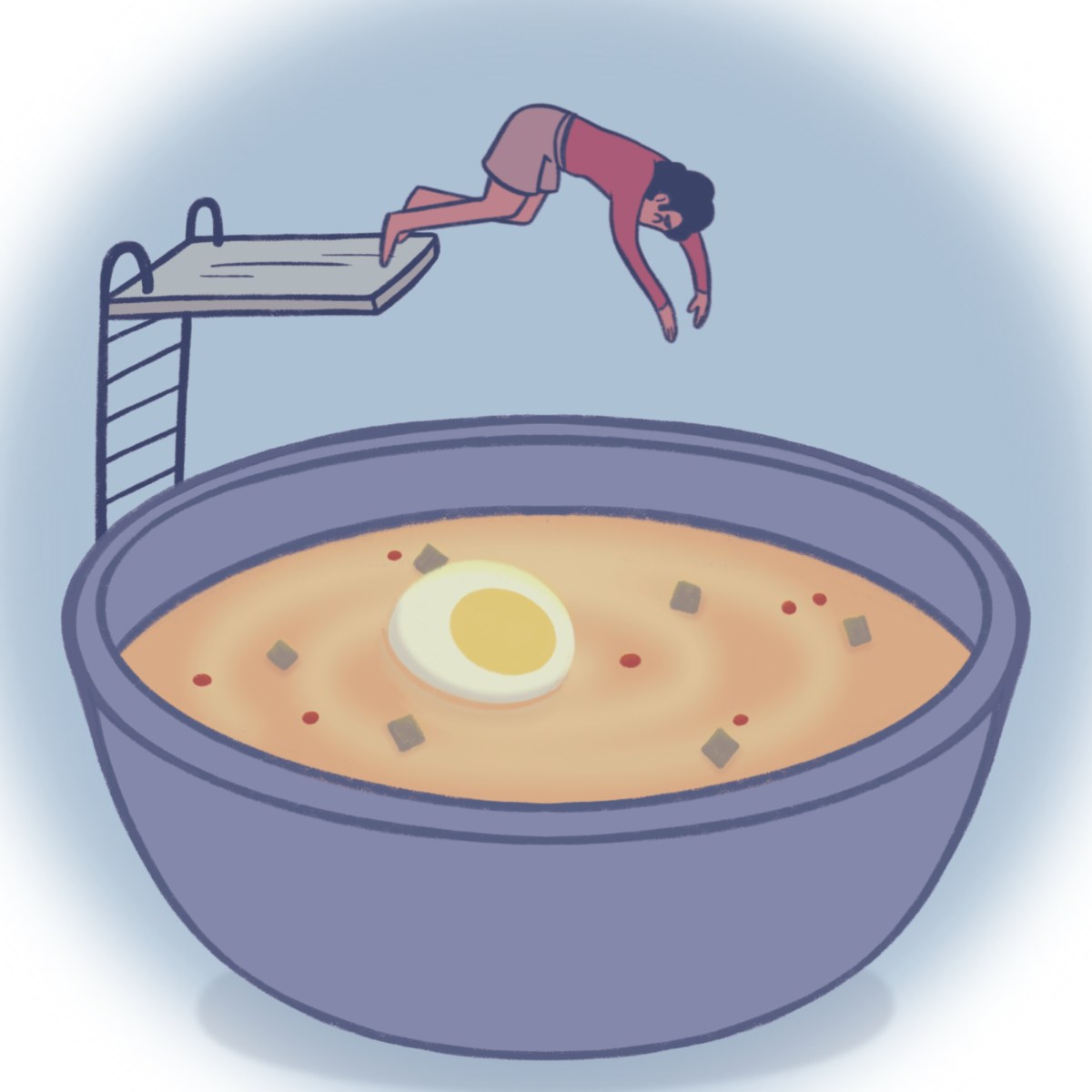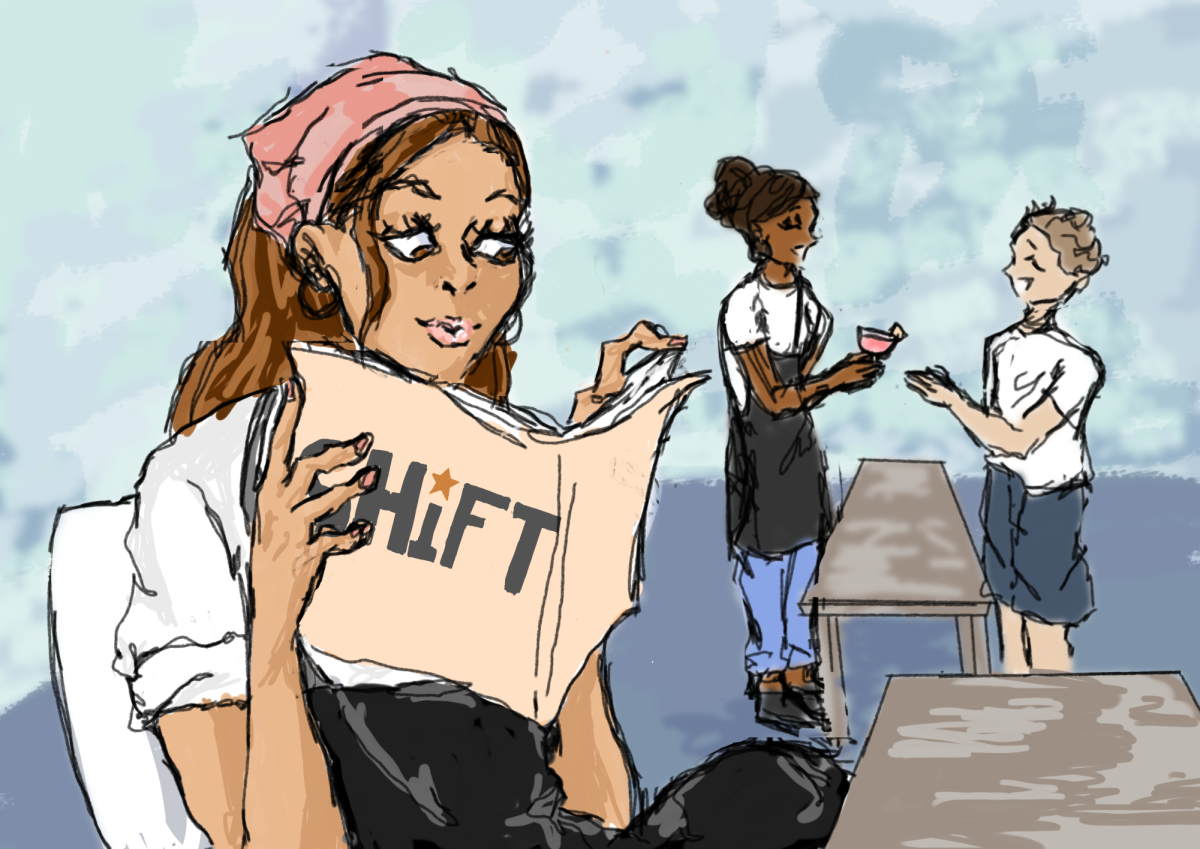At first glance, an energy drink looks like an advertisement for superheroes and villains, declaring that they “give you wings” and “unleash the beast.”
Coffee sales have been up and down during the last 60 to 65 years, said advertising professor Gary Wilcox. In light of this statistic, caffeine, coffee’s primary ingredient, has recently found another a new product outlet: energy drinks.
Energy drinks are sold at nearly every dining hall and dorm market on campus. According to Jester Dining Hall manager Claudia Ashlock, Jester sells an estimated 100 cans of energy drinks a day.
Energy drinks are meant to give the user a boost of energy, exciting the nervous system and providing a steady stream of energy for about four or five hours. Energy drink advertisements target the exhausted — high school and college students.
Wilcox himself recalls a time when he saw Red Bull’s advertising technique face-to-face.
“One time my son was playing baseball with Baseball USA in Houston,” Wilcox said. “I think the boys were about 15 or 16 years old. [Suddenly], a little Red Bull car drove out and gave the boys Red Bull. fifteen years old is a little too young for energy drinks.”
Red Bull’s website claims that it “increases performance, concentration and reaction speed, vigilance and metabolism.” For the overworked, stressed college student juggling classes, work study, tests and student organizations, a Red Bull is sent down to grant the student the power to overcome time constraints and the need to sleep.
“If I know I’m going to stay up ‘til 4 or 5 a.m., I’ll drink them,” said Vanessa Saldivar, a communication sciences and disorders sophomore. “They really, really work.”
Sometimes a little bit too well.
Nutrition lecturer Deanna Staskel said energy drinks rely on caffeine and sugar to give drinkers an extra boost, adding that energy drinks usually contain twice the amount of caffeine than an average cup of coffee. While energy drinks contain high amounts of both sugar and caffeine, caffeine is hands-down the more dangerous chemical.
Caffeine stays in the body for about four to five hours. After it leaves the bloodstream, the body collapses, and the person can experience a “crash” — a sensation of complete exhaustion brought on by the lack of caffeine and dehydration of the body.
Additionally, energy drinks have additives such as niacin and taurine. Leading companies Monster and Red Bull claim the additives are naturally occurring amino acids and carbohydrates that can have detoxification benefits on the body. Staskel said that while the effects of these additives can seem beneficial, they are fairly new to the market and chemically produced, and, as such, their long-term effect on the human body is not yet known.
Caffeine has even led students to need medical attention. Theresa Spalding from University Health Services reports seeing cases of patients with headaches, jitteriness, anxiety, insomnia and chest pain because their hearts were beating so fast from caffeine stimulation.
While students drink them for energy or to stay awake, Staskel said there are other methods available that do not come in the form of a can. For example, one of the main causes of tiredness is dehydration. To stay hydrated, drink a lot of water. Exercising is also very good to wake up in the morning or stay up at night. Furthermore, if you feel tired, try eating small snacks throughout the day, as they keep your blood sugar levels steady and keep your energy levels more consistent.
In a campus filled with chemical stimulants of every shape and size, there’s a lot of controversy about what’s healthy and what’s not. Caffeine, sugar, niacin, taurine — all these chemicals affect people differently, and whether students choose to buy an energy drink is a matter of choice.
“It’s good for me because I need it,” said accounting senior Sanchir Enkhbaatar. “If people are saying that it’s bad, don’t buy it. You’re the one who’s swiping the card.”




















